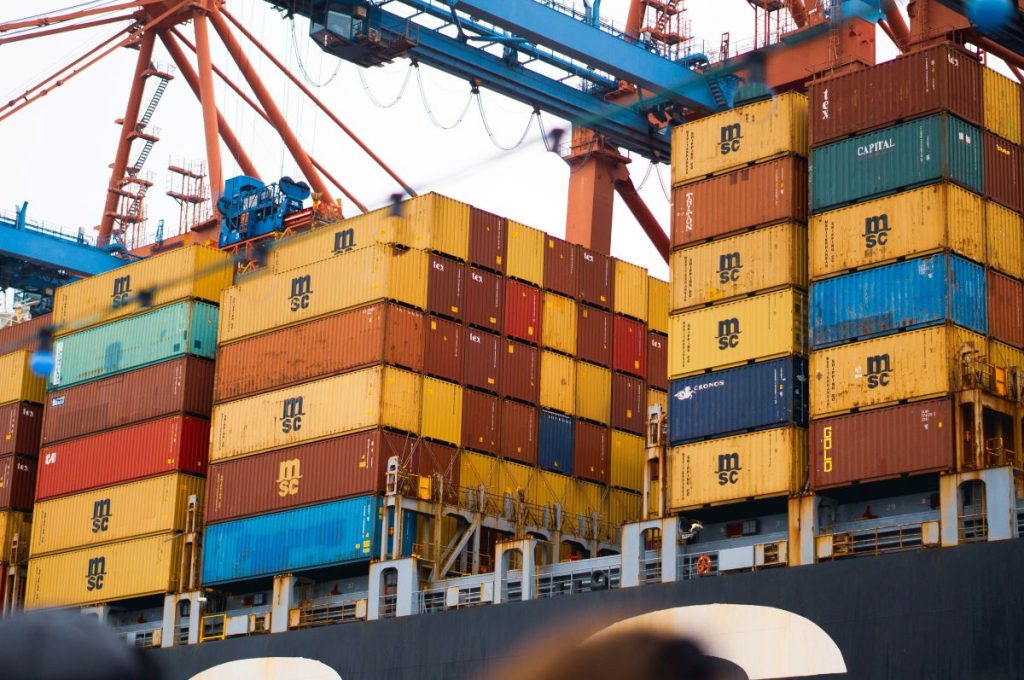LogicSource’s latest tariff impact analysis unveils critical cost implications for businesses, emphasizing strategic action to mitigate risks.
Assessing the Tariff Impact on Essential Business Sectors
LogicSource‘s 2025 Tariff Impact Analysis provides a crucial guide for businesses grappling with upcoming changes in tariffs that are poised to significantly affect indirect spending categories. Scheduled to commence on January 20, 2025, the new tariffs will primarily affect imports from Mexico, Canada, and China, encompassing vital sectors such as IT, facilities management, and corporate services.
Strategic Insights for Cost Optimization
The impending tariffs are expected to surge costs dramatically across multiple sectors: IT hardware may see increases between 20-30%, plastic packaging could rise by 15-25%, and HVAC systems might face a staggering 30-60% hike. These sectors represent substantial portions of corporate spending, with IT hardware alone accounting for 90% of expenditures in some companies.
Proactive Measures for Corporate Resilience
Dave Pennino, CEO of LogicSource, underscores the urgency for companies to take proactive measures. By optimizing costs and strengthening supplier relationships now, businesses can safeguard their operations against the disruptive impacts of these tariffs. Pennino advises companies to review and possibly renegotiate supplier contracts, invest in cost-efficiency technologies, and diversify their supplier base to include regions less affected by tariffs.
The Critical Need for Strategic Forecasting
In view of LogicSource’s analysis, it’s evident that businesses must not only prepare for cost increases but also enhance their strategic planning capabilities. The ability to forecast and mitigate the risks associated with such significant economic changes will be crucial for maintaining operational stability and competitive advantage. This report serves as a wake-up call to all sectors reliant on affected goods, highlighting the need for a detailed, proactive approach to indirect spending management.
As tariffs begin to reshape the cost landscape in key business areas, the importance of strategic foresight and proactive management cannot be overstated. Companies that act swiftly and strategically will navigate through these changes more successfully, turning potential challenges into opportunities for efficiency and growth.




